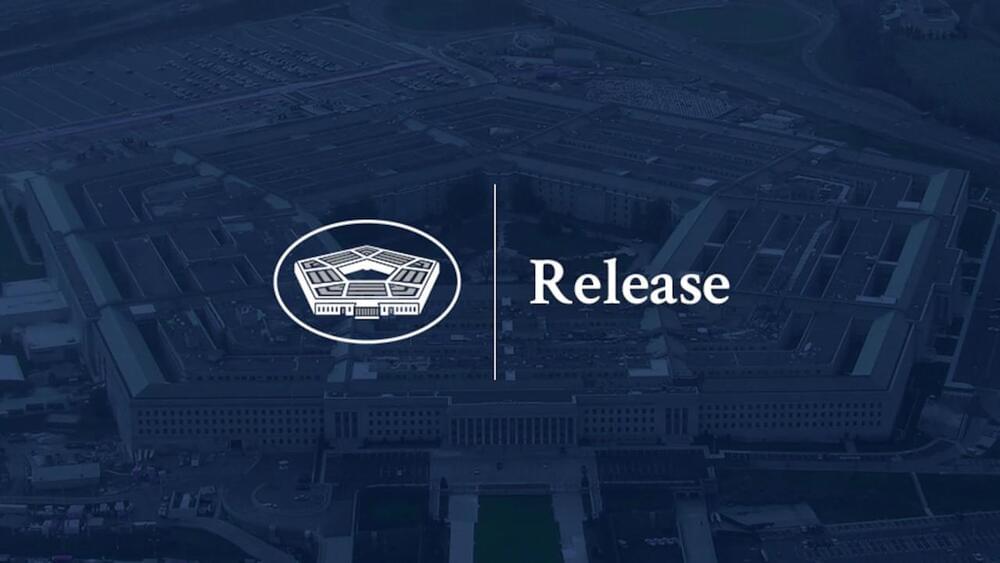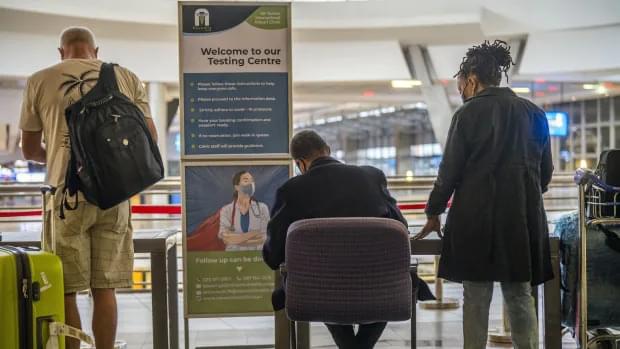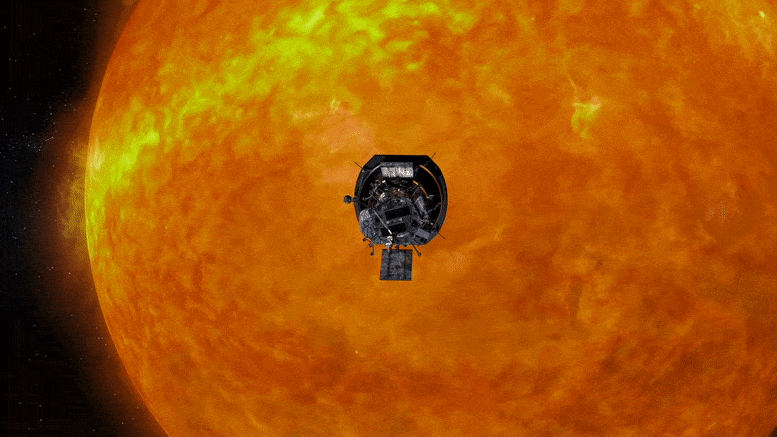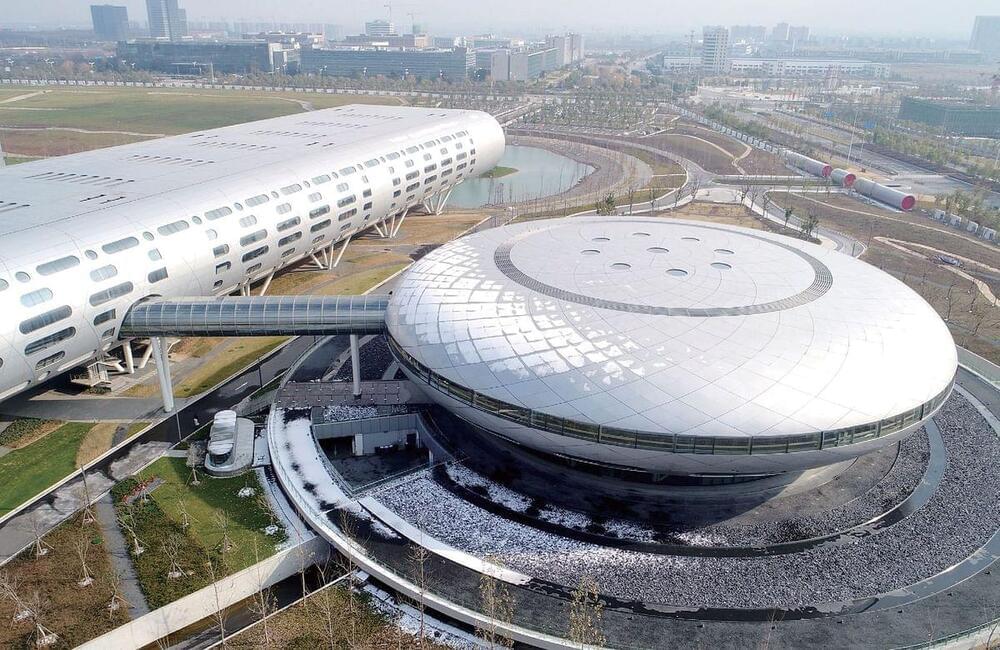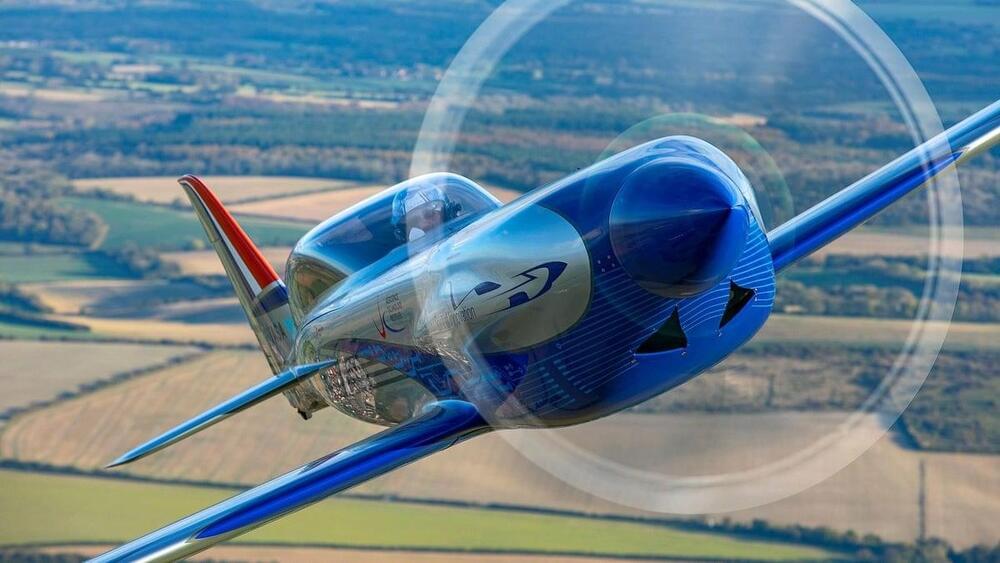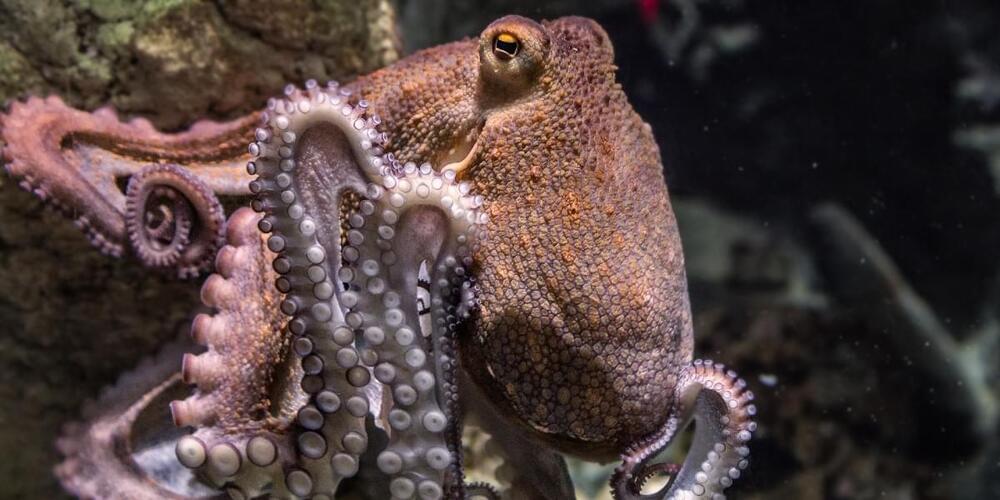Today, Deputy Secretary of Defense Kathleen Hicks, in close collaboration with the Director of National Intelligence, directed the Under Secretary of Defense for Intelligence & Security to establish within the Office of the USD(I&S) the Airborne Object Identification and Management Synchronization Group (AOIMSG) as the successor to the U.S. Navy’s Unidentified Aerial Phenomena Task Force. The AOIMSG will synchronize efforts across the Department and the broader U.S. government to detect, identify and attribute objects of interests in Special Use Airspace (SUA), and to assess and mitigate any associated threats to safety of flight and national security. To provide oversight of the AOIMSG, the Deputy Secretary also directed the USD(I&S) to lead an Airborne Object Identification and Management Executive Council (AOIMEXEC) to be comprised of DoD and Intelligence Community membership, and to offer a venue for U.S. government interagency representation.
Incursions by any airborne object into our SUA pose safety of flight and operations security concerns, and may pose national security challenges. DOD takes reports of incursions – by any airborne object, identified or unidentified – very seriously, and investigates each one. This decision is the result of planning efforts and collaboration conducted by OUSD(I&S) and other DoD elements at the direction of Deputy Secretary Hicks, to address the challenges associated with assessing UAP occurring on or near DOD training ranges and installations highlighted in the DNI preliminary assessment report submitted to Congress in June 2021. The report also identified the need to make improvements in processes, policies, technologies, and training to improve our ability to understand UAP.
In coming weeks, the Department will issue implementing guidance, which will contain further details on the AOIMSG Director, organizational structure, authorities, and resourcing.
